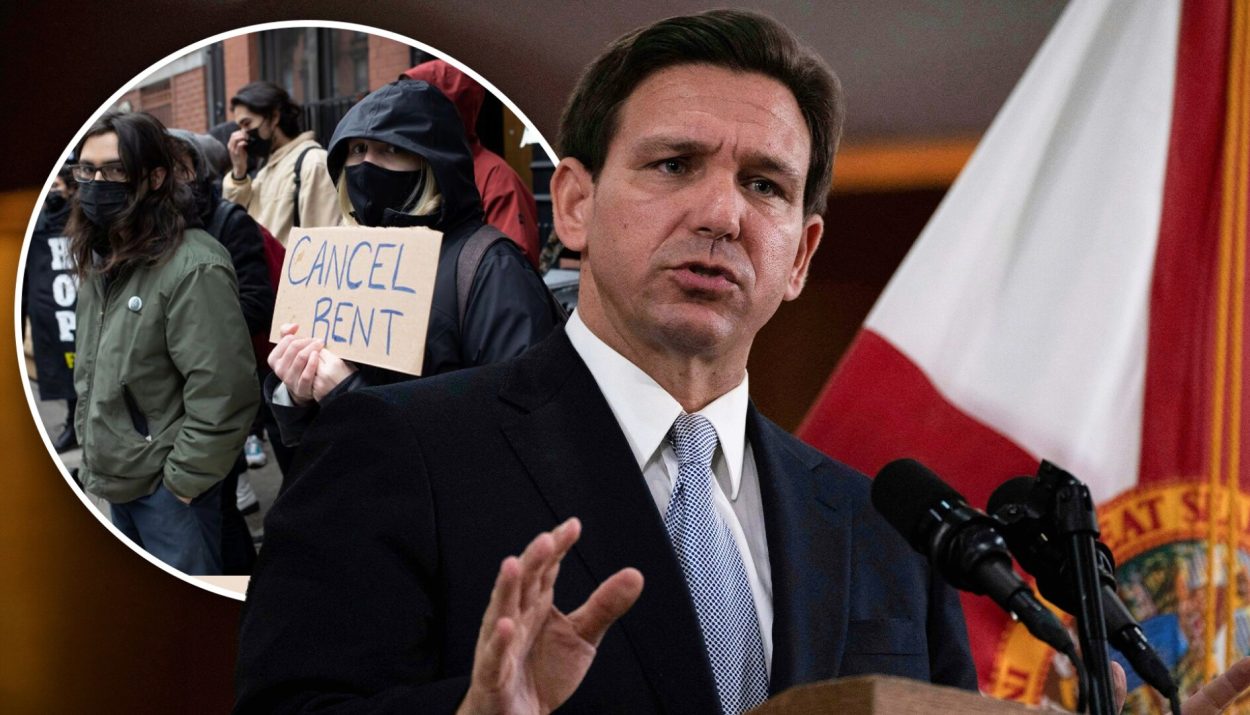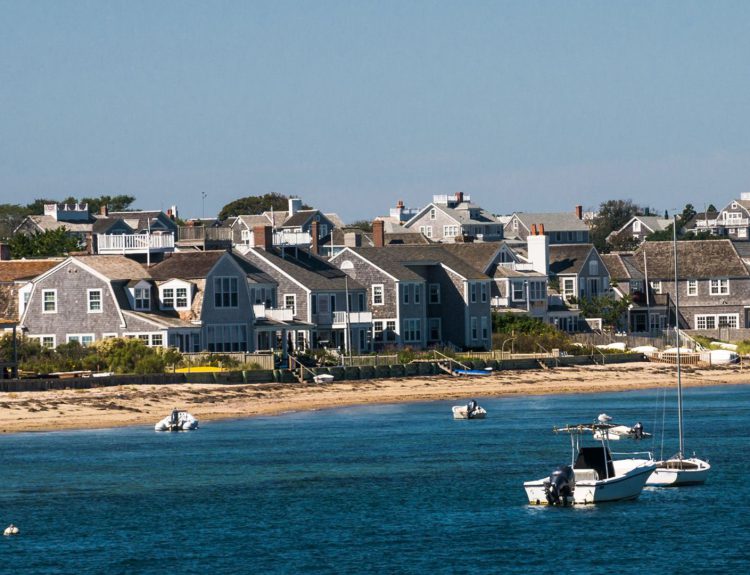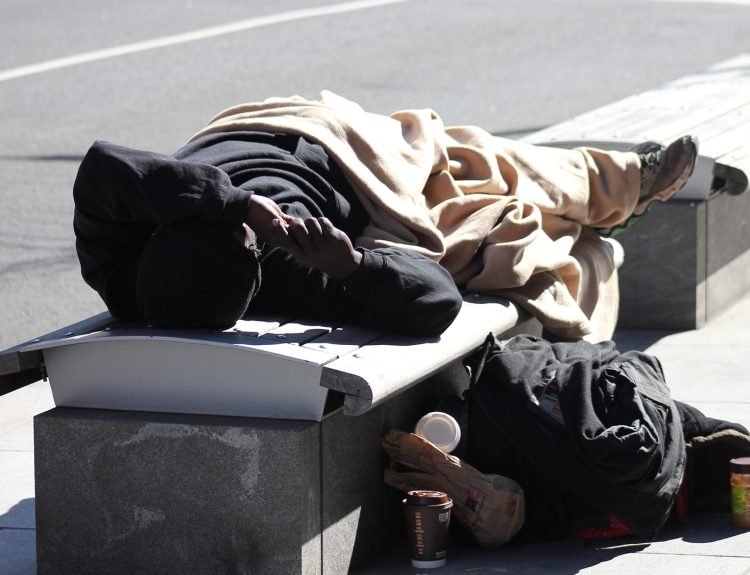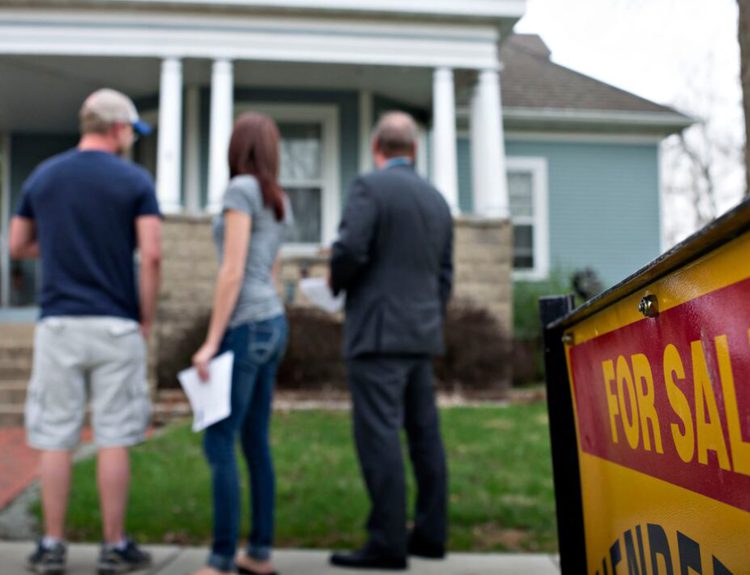On Wednesday, Governor Ron DeSantis of Florida signed a new bill prohibiting homeless people from sleeping in parks, sidewalks, and other public places. DeSantis believes this measure would help “homeless individuals have the resources they need to get back on their feet.”
Under this law, counties will now have to set up “temporary campsites” if local homeless shelters are running at full capacity.
DeSantis Acknowledges That Homelessness Is a Difficult Issue to Tackle
During the news conference on Wednesday, DeSantis said, “These are difficult issues, but you should not be accosted by a homeless like we see.”
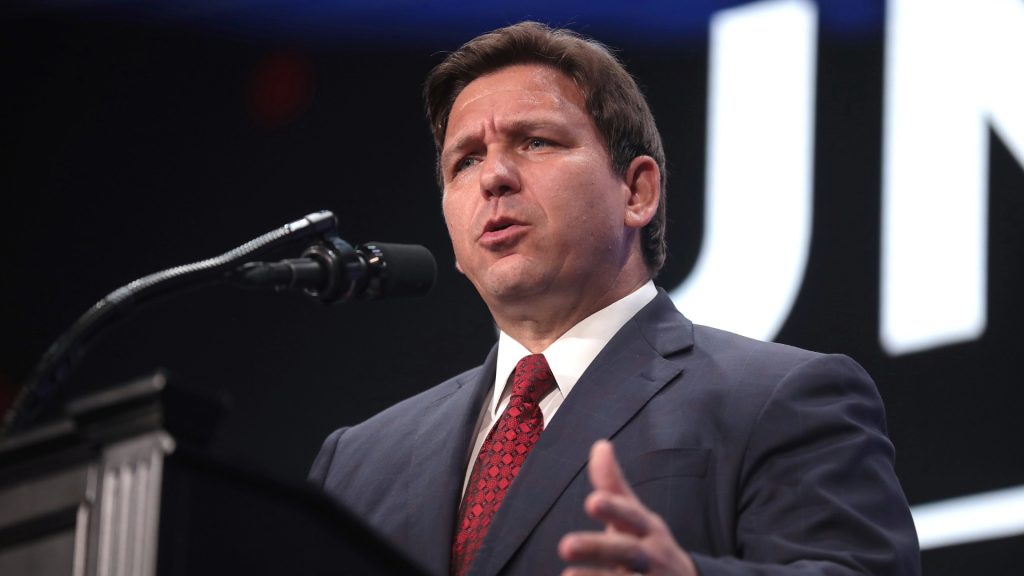
He added, “You should be able to walk down the street and live your life.”
Funding Required to Build the Resources
The law comes into effect on October 1, 2024. It will require counties to provide “wraparound services” to homeless people including mental health services.
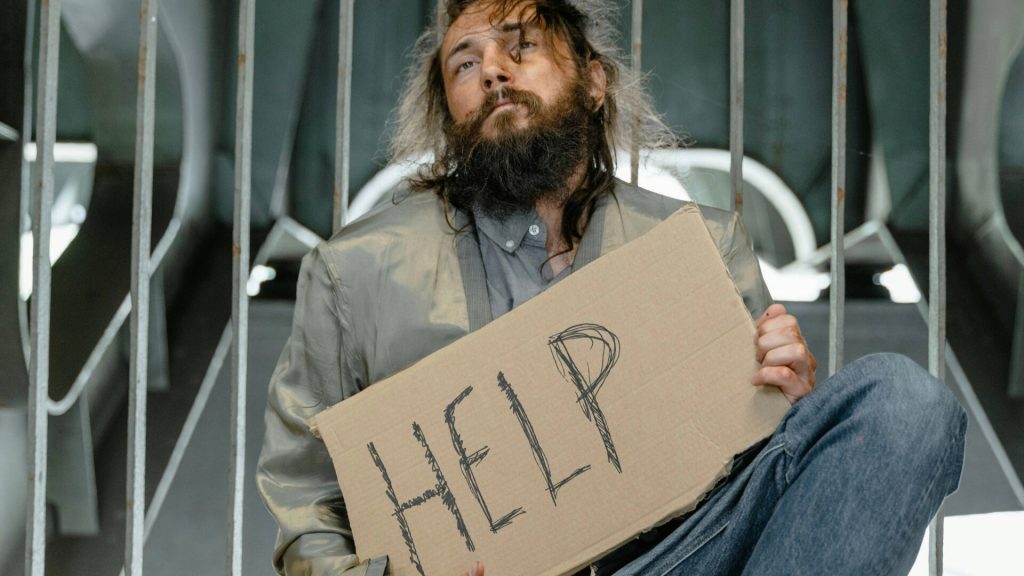
Outreach program manager for the Florida Harm Reduction Collective in Tampa, Megan Sarmento, remarked, “We’re going to need so much more funding if we’re going to build up these resources.”
Idea Versus Reality
Sarmento works in Pinellas and Hillsborough counties. Both of these counties have some of the highest population of homeless people in the state.
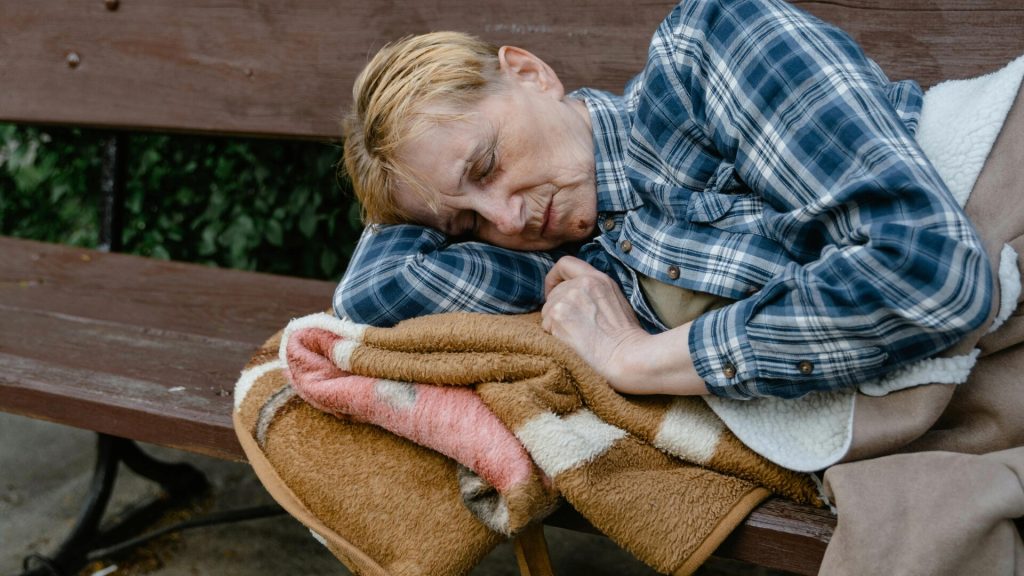
Sarmento believes while the bill sounds good on paper implementing it is not going to be anything short of challenging. She remarked, “I think the idea of providing wraparound services is great, but the two services that people want the most, detox and medications for opioid use disorder, those resources are either scarce or not allowed.”
Critics Argue the Bill Treats a Vulnerable Population Unfairly
Critics believe this new legislation is unfairly aims at unfairly singling out a vulnerable population while imposing constraints on municipalities which are already struggling to meet the needs of this demographic.
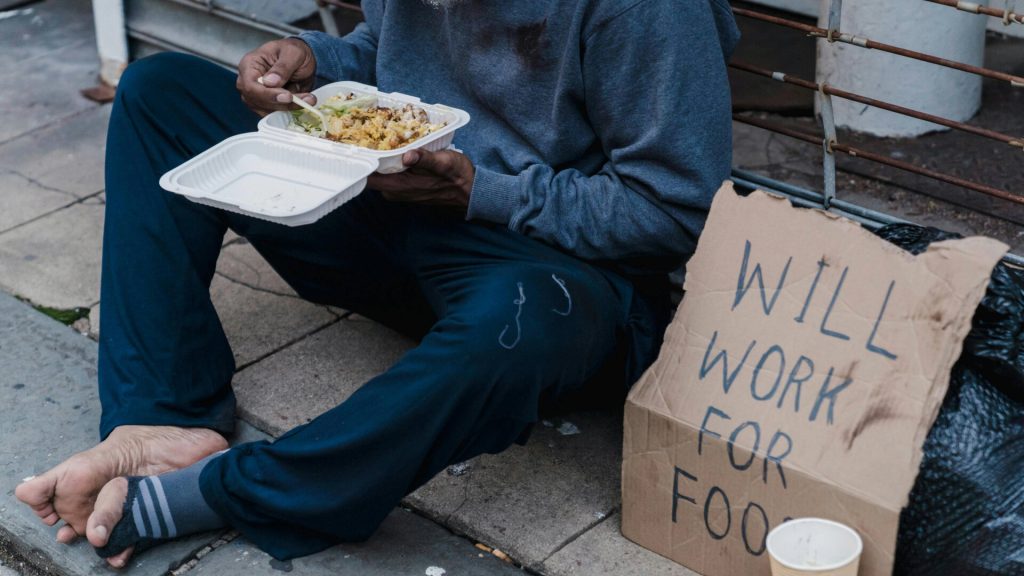
There won’t be any penalties for the individuals who are living on the streets. However, the state attorney general, businesses, and local residents will be able to file lawsuits against their local governments if they fail to adhere to the prescribed restrictions.
DeSantis Says He is Trying to Make the Streets Safer
During the bill signing event, Governor DeSantis said, “We want to make sure that Florida streets are safe for our residents.”

According to the bill, camping in public is defined as “residing overnight in a temporary outdoor habitation used as a dwelling or living space and evidenced by the erection of a tent or other temporary shelter, the presence of bedding or pillows, or the storage of personal belongings.”
Supporters of the Bill Think It Will Eliminate Nuisance
Supporters of the bill believe this new law will eliminate the nuisance caused by people living in public places. They also argue gathering all the homeless people at one location will help local services look after their needs better.
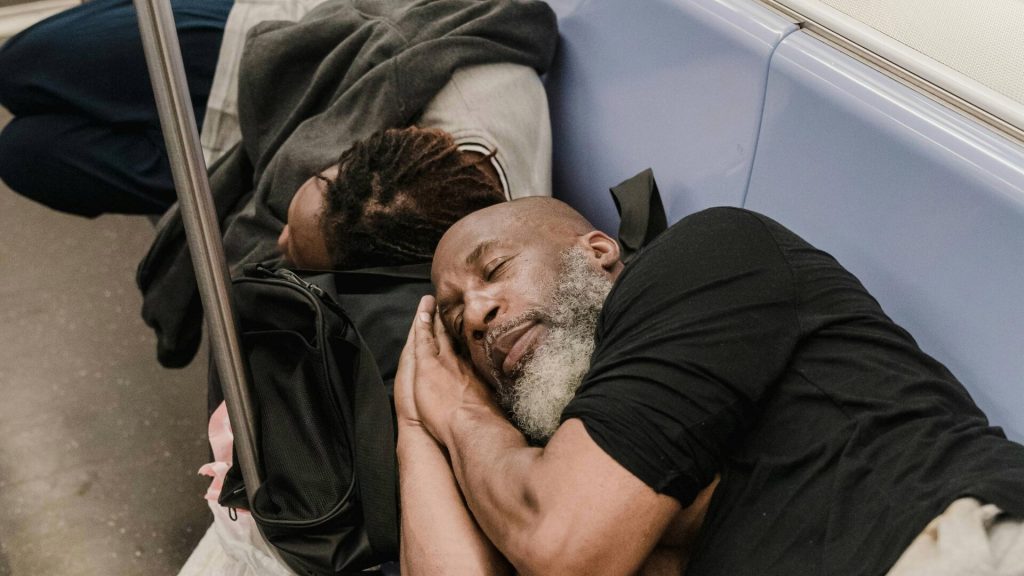
Critics, on the other hand, argue this is an attempt to gather the homeless and remove them from public view.
Democrat Senator Criticizes the Bill
Democrat Senator, Shevrin Jones, believes the bill offers cosmetic solutions to a complex problem. He said, “This bill does not and it will not address the more pressing and root cause of homelessness.”
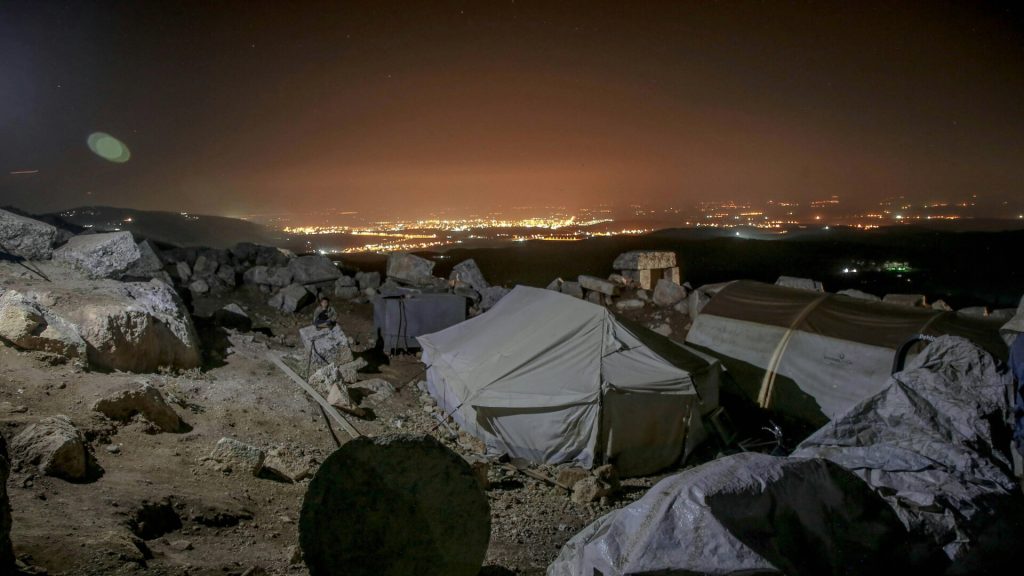
He added, “We are literally reshuffling the visibility of unhoused individuals with no exit strategy for people who are experiencing homelessness.”
Safety of the Encampments
Opponents of the bill have expressed concerned for the safety of children who may find themselves living in close proximity of sex offenders within the government designated homeless encampments.

Opponents are also concerned about the overall safety and hygiene of these encampments.
DeSantis Believes the Bill Will Help the State’s Homeless Population
DeSantis said the services “are there to get people on back on their feet.”

DeSantis acknowledged the challenged faced by many homeless people. He said, “Things like substance abuse and mental health, those issues need to be addressed.”
Homeless People Will Be Allowed to Camp In Designated Areas for A Year
The bill that was passed on March 5 by the with a 27-12 vote, states that counties approved by the Department of Children and Families will be able to designate areas for homeless people to camp in for up to a year.
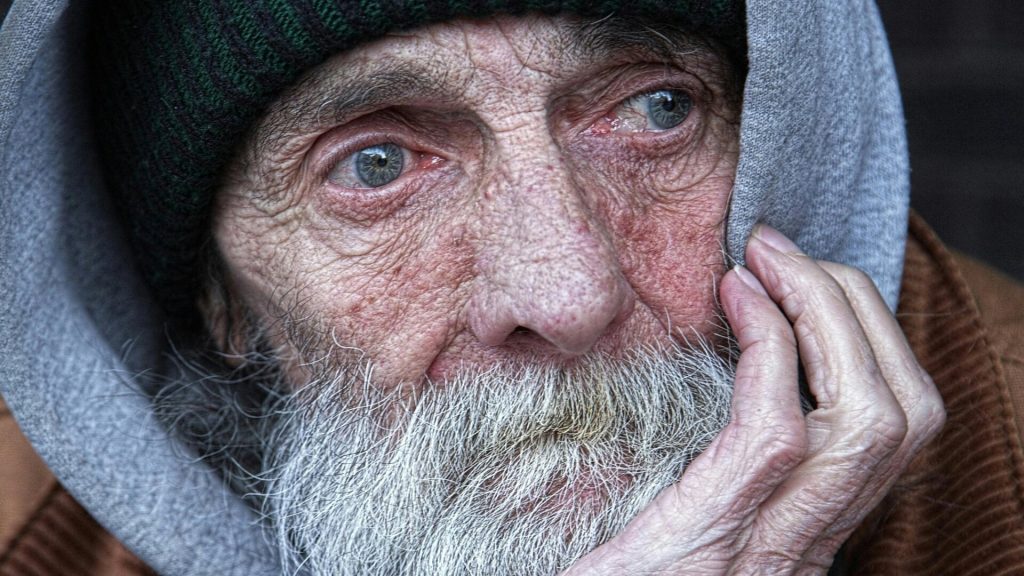
DeSantis remarked, “We’ve seen homeless population throughout the country grow between 2019 and 2022 by 3 percent, over that period of time Florida’s population of homeless declined by 11 percent.”
Sam Garrison Sponsored the Bill
Republican State Representative, the sponsor of the bill, said, “”This bill will not eliminate homelessness. But it is a start.”
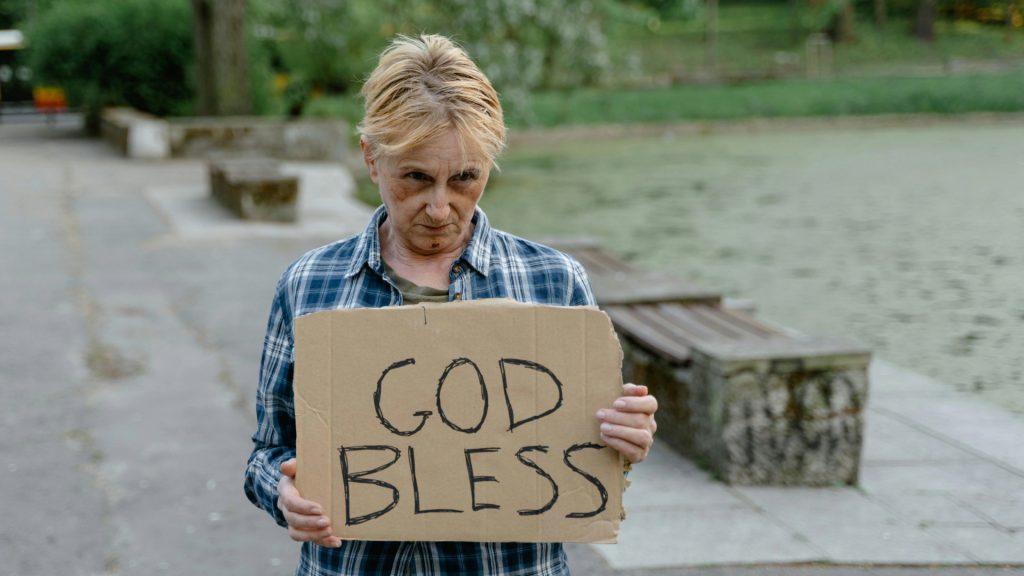
Garrison added, “And it states clearly that in Florida, our public spaces are worth fighting for.”
Problems With Allowing The Homeless to Camp in Public Places
DeSantis and supporters of the bill said having homeless people camping in public places negatively impacts the quality of life for local residents while also making it harder to deliver the needed services to the homeless.
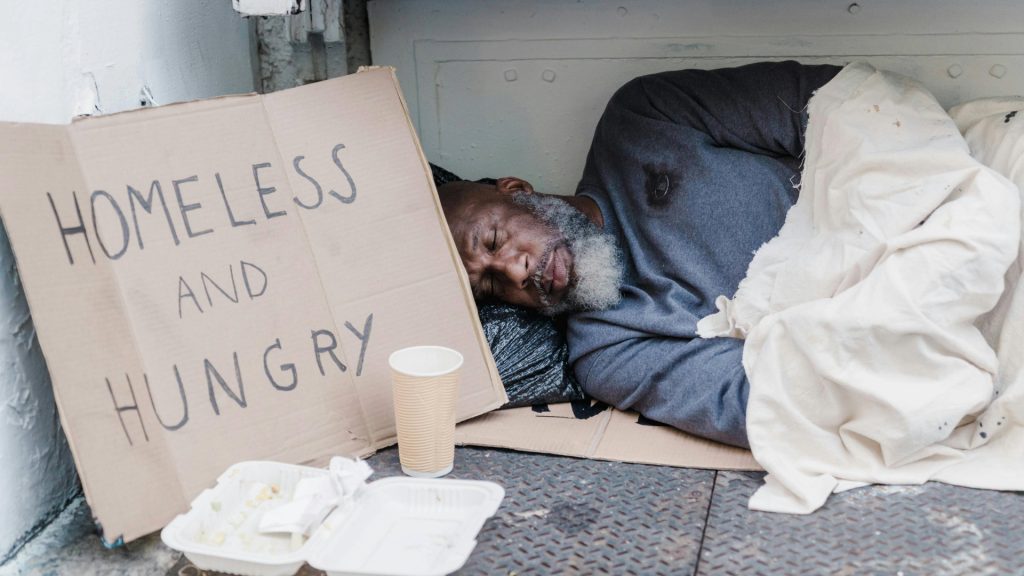
DeSantis said, “I think this is absolutely the right balance to strike. We want to make sure we put public safety above all else.”
Homelessness is Likely to Grow
In 2023, the total number of homeless people in the U.S. was estimated to be around 653,104. It was estimated that Florida has around 30,809 homeless people.

The sponsors of the law said the situation is likely to exacerbate in Florida due to the rapid population growth the state is experiencing.
Location of the Encampments
University of Central Florida’s sociology professor, Any Donley said, “… the encampments can’t impact property values, so I’m not sure where they’re going to be.”
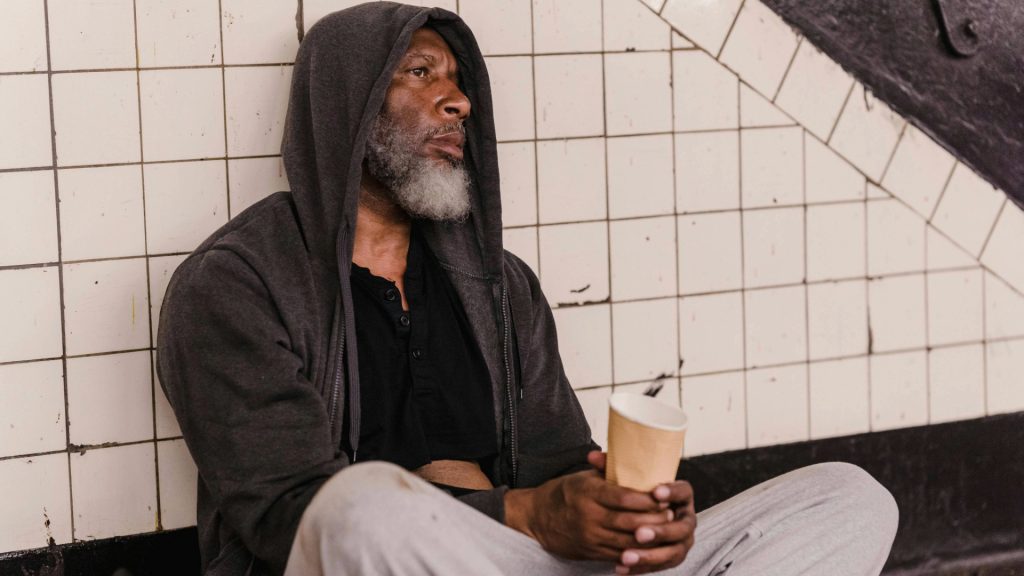
DeSantis said, “Florida will not allow homeless encampments to intrude on its citizens or undermine their quality of life like we see in states like New York and California.”

